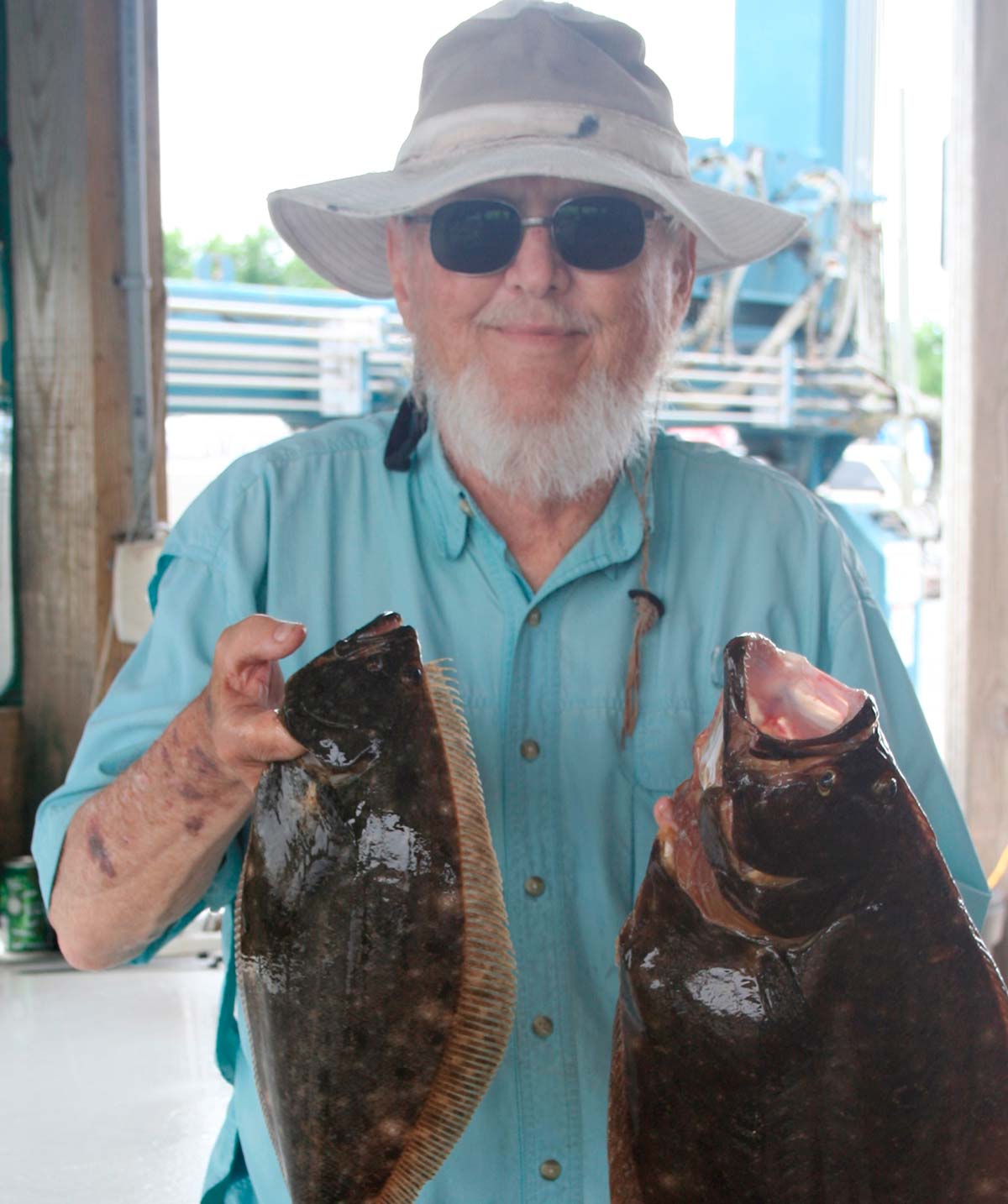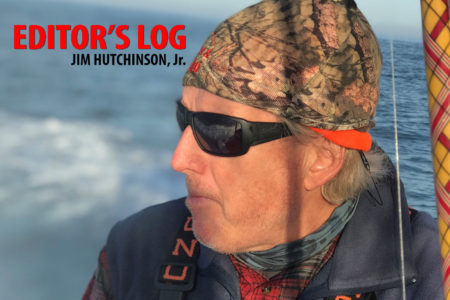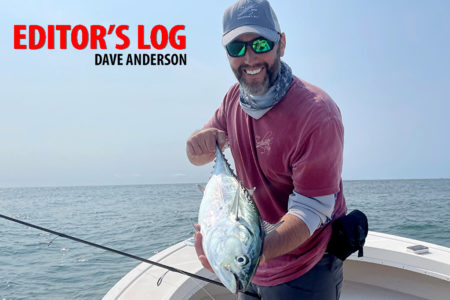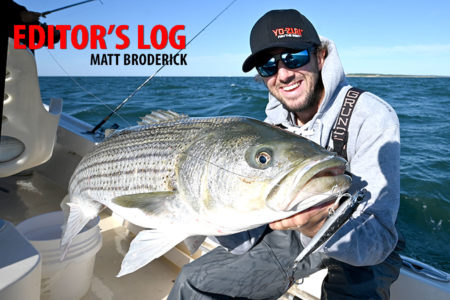Field editor Eric Burnley also writes a regular column for Delaware’s Cape Gazette; the following is excerpted from his September 24 Gazette column regarding NOAA Fisheries recent “bad data” admission.
 When the Mid-Atlantic Fishery Management Council (Council) and the Atlantic States Marine Fisheries Commission (Commission) meet in December, they will give out the guidelines for regulations that states will have to follow. To set these guidelines, they will use the terrible data found in the 2023 Marine Recreational Information Program and the mail survey that NOAA admits is 30% to 40% wrong. The end result will be a great loss of money in the recreational fishing industry.
When the Mid-Atlantic Fishery Management Council (Council) and the Atlantic States Marine Fisheries Commission (Commission) meet in December, they will give out the guidelines for regulations that states will have to follow. To set these guidelines, they will use the terrible data found in the 2023 Marine Recreational Information Program and the mail survey that NOAA admits is 30% to 40% wrong. The end result will be a great loss of money in the recreational fishing industry.
I did receive the results of the MRIP for the first six months of the year. You may be surprised to learn that from January to the end of June, the party boats in Delaware caught exactly seven summer flounder. Not six, not five, but exactly seven. The charter boats did a little better, as they caught 961 summer flounder.
Moving on to black sea bass, according to the MRIP, shore fishing produced 267 keepers. I have never in all my years caught a legal black sea bass from shore, nor have I ever had one in any of my fishing reports that I have been doing since 1973. During those same six months, charter boats running from Delaware ports caught 1,482 black sea bass. Remember, the daily limit for black sea bass is 15 per person, and charter boats carry six, plus the captain and mate. That’s 120 black sea bass per trip. That averages out to 12 trips to catch 1,482 black sea bass.
Do the people who figure all this out really believe that Delaware charter boats only ran 12 sea bass charters from January to the end of June?
This stupidity must end. We are talking about not only recreational fishermen losing their fun activity but also about the million-dollar industry that supports those fishermen. This includes tackle shops, charter and head boats, boat dealers, restaurants, motels, gas stations, marinas, bait dealers, and all the other businesses that depend on fishermen to stay in business.
I think it is time for us to ask a federal judge to put an injunction on NOAA to prevent the agency from any further restrictions on recreational fishing until such time as that agency comes up with a better method for measuring recreational impacts on the stock.
We also need the people at the council level to pay attention to their advisory councils. I sit on the Summer Flounder, Scup, and Black Sea Bass Advisory Council, and at a past meeting, everyone who spoke said there are plenty of black sea bass in the ocean and further cuts are not needed. The council disagreed, and due to the bad data available, they cut the recreational catch anyway.
I still believe the best way to count how many and what kind of fish recreational fishermen catch is to set up a program where we record our catch via cellphones or computers. I realize it would take time and money to develop such a program, but having the people who are actually out on the water catching (or not catching) the fish reporting back to the people developing the MRIP would certainly give them much more accurate data to work with.
I would love to find a lawyer who could advise me on what it would take to bring such an injunction on NOAA. Since I have no money, this would have to be pro bono work. Once I have some idea what such a project entails, I can try to interest some of the larger conservation groups to fund or even have one of their lawyers do the injunction.
Check out Eric’s weekly Delaware fishing report for Leipsic and Lewes.




